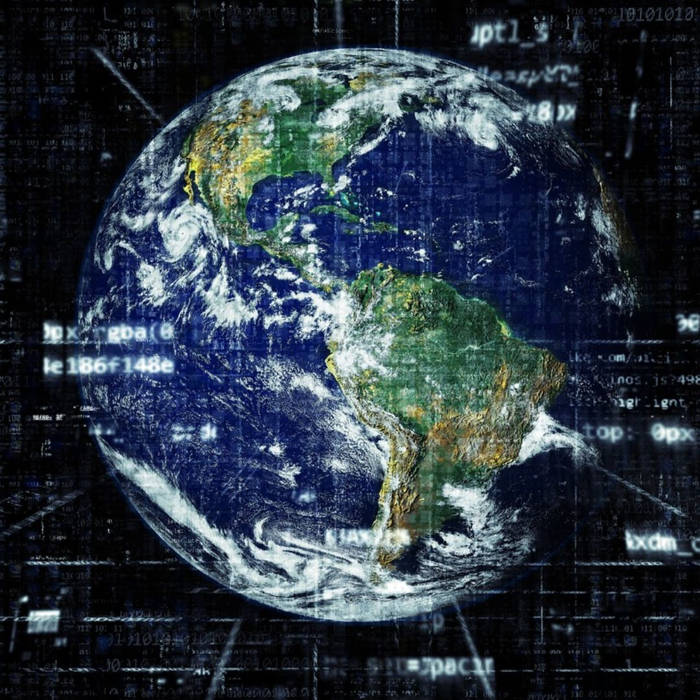
In today’s interconnected world, economies face a unique set of challenges that demand urgent attention. Inequality, climate change, and globalization are among the most pressing issues, shaping policies and influencing lives across the globe. This article dives deep into these challenges, exploring their origins, implications, and potential solutions.
1. Economic Inequality: A Growing Divide
Economic inequality, characterized by a disproportionate distribution of income and wealth, has reached alarming levels in many countries. It affects not only individuals but also societal stability and economic growth.
The Scope of Inequality
- Wealth Concentration: According to the latest data from Oxfam, the richest 1% of the global population owns more than 40% of the world’s wealth, while nearly half of humanity struggles to meet basic needs.
- Income Disparities: High-income earners have seen exponential growth in earnings, while wages for middle and lower-income groups have stagnated.
Causes of Economic Inequality
- Technological Advancements: Automation and digitalization have disproportionately benefited skilled workers and left unskilled laborers behind.
- Tax Policies: Favorable tax structures for the wealthy and corporations exacerbate income disparities.
- Globalization: While creating opportunities, globalization has also widened the income gap between high- and low-income nations.
Implications of Inequality
- Social Unrest: Economic inequality often fuels protests and demands for systemic change.
- Reduced Economic Growth: Studies by the IMF show that high inequality slows economic growth by reducing consumer spending and investment.
Addressing Inequality
- Progressive Taxation: Ensuring the wealthy pay a fair share of taxes can redistribute income.
- Education and Skill Development: Investing in education reduces the skills gap and improves employment opportunities.
- Social Safety Nets: Strengthening programs like healthcare, unemployment benefits, and pensions helps reduce poverty.
2. Climate Change: An Economic and Environmental Emergency
Climate change is not just an environmental crisis; it’s also an economic one. Its impacts on industries, livelihoods, and national economies are profound and far-reaching.
Economic Costs of Climate Change
- Damage to Infrastructure: Natural disasters like hurricanes and floods, intensified by climate change, cost billions annually in repairs and lost productivity.
- Agricultural Losses: Rising temperatures and unpredictable weather patterns reduce crop yields, threatening food security.
- Health Costs: Increased prevalence of heatwaves, diseases, and pollution-related illnesses strains healthcare systems.
Industries at Risk
- Tourism: Destinations reliant on stable climates are losing appeal due to rising sea levels and extreme weather.
- Energy: Traditional energy industries, such as coal and oil, face increasing regulation and declining demand as nations shift to renewables.
- Insurance: Insurers face escalating payouts for climate-related damages, leading to higher premiums.
Global Efforts to Combat Climate Change
- Paris Agreement: This landmark treaty aims to limit global warming to below 2°C, with countries committing to reducing emissions.
- Green Energy Initiatives: Governments are investing in solar, wind, and other renewable energy sources.
- Corporate Responsibility: Businesses are adopting sustainable practices, from carbon-neutral goals to eco-friendly production.
What Can Be Done?
- Carbon Pricing: Taxes on carbon emissions encourage industries to adopt cleaner technologies.
- Sustainable Infrastructure: Building climate-resilient cities can mitigate disaster impacts and promote green growth.
- Global Collaboration: Addressing climate change requires cooperation across borders, with developed nations supporting developing countries.
3. Globalization: Opportunities and Challenges
Globalization, the integration of markets, cultures, and ideas, has transformed economies. While it has brought benefits like increased trade and innovation, it also poses significant challenges.
The Benefits of Globalization
- Economic Growth: Global trade has boosted GDP in many countries by expanding markets and fostering competition.
- Innovation: Collaboration across borders accelerates technological advancements and improves productivity.
- Cultural Exchange: Exposure to diverse ideas enriches societies and promotes mutual understanding.
The Downsides of Globalization
- Job Displacement: Offshoring and automation have led to job losses in industries like manufacturing.
- Environmental Impact: Increased production and transportation contribute to pollution and climate change.
- Exploitation: Poor labor standards in developing countries lead to worker exploitation and unsafe conditions.
Balancing Globalization’s Effects
- Fair Trade Practices: Ensuring ethical labor standards and environmental protections can mitigate negative impacts.
- Diversified Economies: Reducing reliance on global supply chains strengthens economic resilience.
- Regulatory Frameworks: International agreements can address issues like tax evasion and intellectual property theft.
The Interconnection of Challenges
Inequality, climate change, and globalization are deeply intertwined. For example:
- Climate change exacerbates inequality as poorer communities bear the brunt of its impacts.
- Globalization, while lifting millions out of poverty, often widens the gap between the rich and poor.
- Addressing one challenge often influences the others, such as how green energy initiatives can create jobs and reduce inequality.
Steps Toward a Better Future
1. Policy Reform
Governments must implement policies that balance economic growth with sustainability and fairness. This includes:
- Introducing stricter environmental regulations.
- Enforcing antitrust laws to prevent corporate monopolies.
- Promoting inclusive economic policies that benefit all citizens.
2. Technological Innovation
Technology can be a powerful tool for addressing these challenges. Examples include:
- Renewable Energy Technologies: Innovations in solar and wind energy can reduce carbon footprints.
- Digital Inclusion: Bridging the digital divide ensures equal opportunities in the global economy.
- AI and Automation: While automation poses challenges, it can also increase efficiency and create new job opportunities when managed responsibly.
3. Individual and Collective Action
Every individual has a role to play:
- Advocacy: Supporting policies and organizations that address inequality and climate change.
- Sustainable Choices: Reducing personal carbon footprints through conscious consumption.
- Community Engagement: Collaborating with others to create local solutions.
Conclusion
The challenges of inequality, climate change, and globalization are daunting but not insurmountable. By understanding their complexities and embracing collective action, we can pave the way for a more equitable, sustainable, and prosperous world. 🌍
The road ahead requires courage, innovation, and cooperation at every level—from individuals to nations. Together, we can overcome these challenges and create a brighter future for generations to come.
